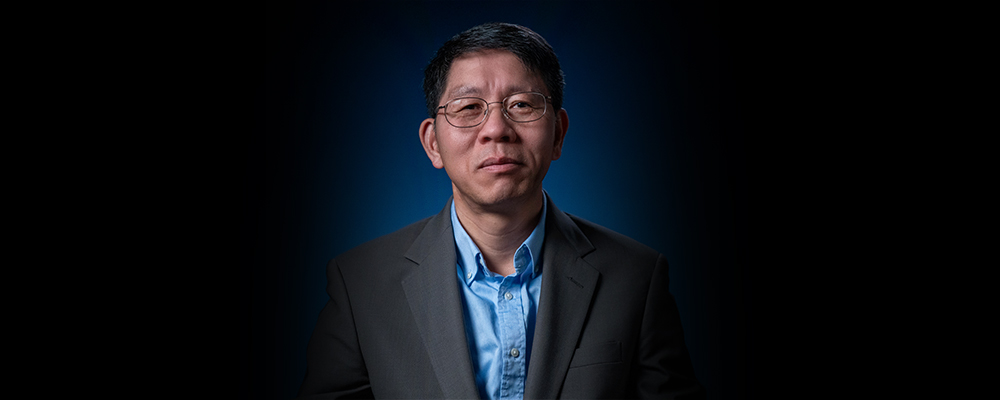Minggui Pan, MD, PhD
“When I first saw the survival curves, I thought I made a mistake inputting the data. Then I got really excited. We expected gain-of-function mutations to be associated with worse survival, but that wasn’t the case with right-sided colorectal cancers.”
When Minggui Pan, MD, PhD, decided to study a common genetic mutation in cancer patients, he was “quite surprised to find some really interesting results.”
Dr. Pan’s study identified 1,043 KP Northern California patients with metastatic colorectal cancer who had the p53 mutation, which is found in about half of cancer patients and two-thirds of colorectal cancer patients.
Colorectal cancer develops on either the right or left side of the colon. Patients with the p53 “non-gain-of-function” mutation with right-sided cancer survived an average of 13 months, compared with 33 months for those with left-sided cancers; but there were no differences among right- or left-sided patients with p53 “gain-of-function” mutations.
“The reason that right-sided cancer is worse than left-sided cancer is still not clear, but our study showed that p53 mutations play a major role in this phenomenon,” says Dr. Pan, who was chief of Oncology and Hematology at KP Santa Clara prior to his retirement in early 2023.
Published in the prestigious Journal of Clinical Oncology, Dr. Pan’s findings could play a role in clinical trials for new cancer therapies and be used to stratify colorectal cancer patients.
“The partnership between our frontline clinicians doing the work and noticing trends, and the Division of Research, led to a study like this that can impact hundreds of thousands of lives,” says Rakesh Chaudhary, MD, physician-in-chief at KP Santa Clara.
A clinical associate professor at Stanford Medicine, Dr. Pan has published more than 50 papers and numerous abstracts and presented at many cancer and immunology conferences.
“Dr. Pan is one of those people who seems to have unlimited energy,” says Betty J. Suh-Burgmann, MD, chair of the Central Research Committee. “He spends a full day as a clinical oncologist and then spends his quote-unquote ‘free time’ doing research, reading papers, and trying to understand and add to our collective understanding of cancer.”
